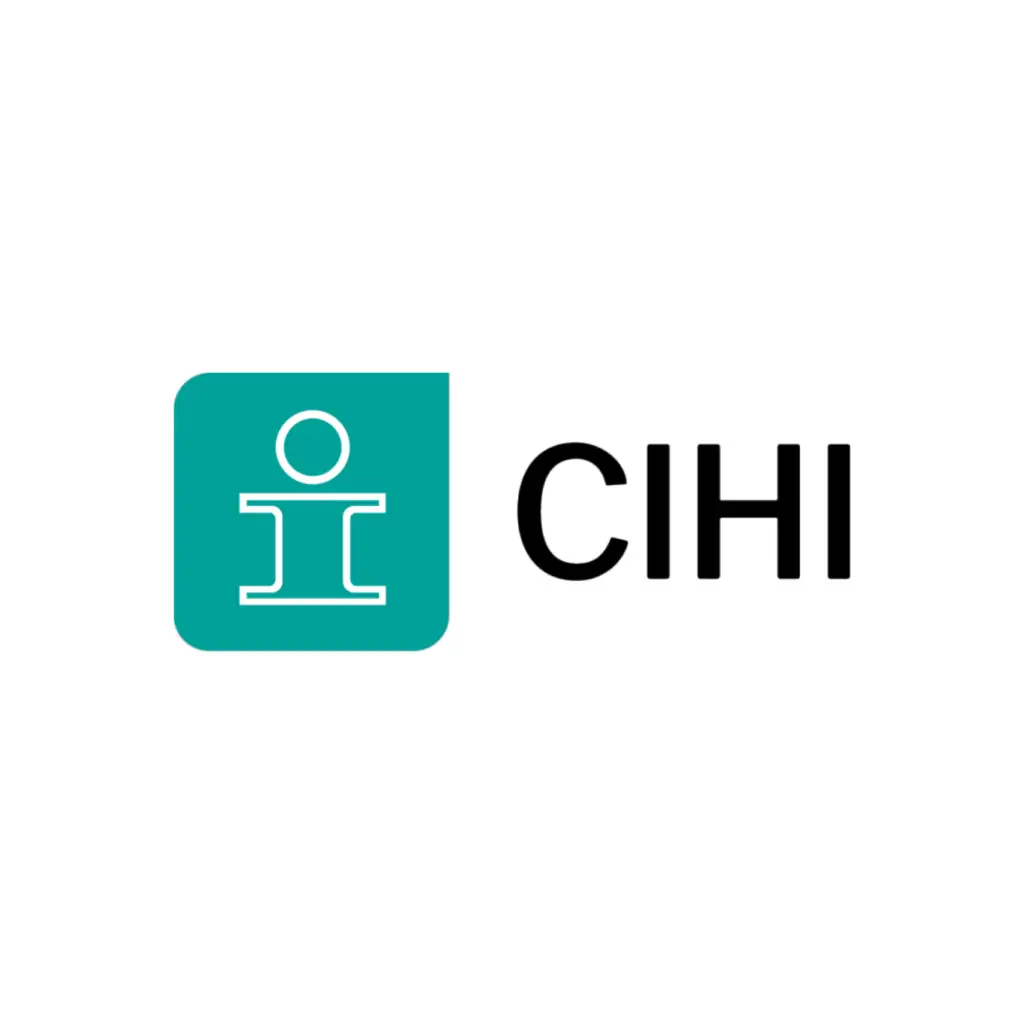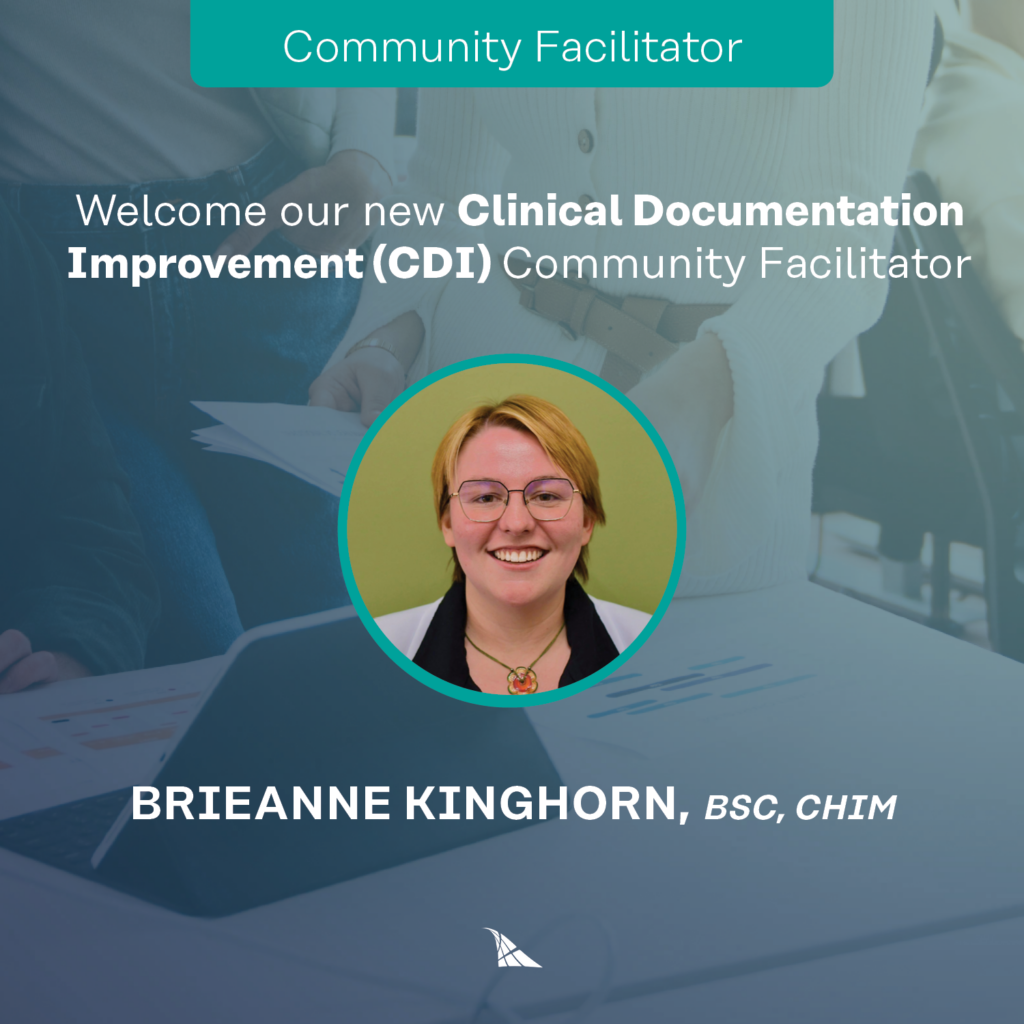
Must-Listen Highlights:
- 00:07 – 2:22
- 14:55 – 17:03
- 26:31 – 27:33
Each timestamp holds a powerful insight—don’t miss out!
The Voice of Possibility: A Conversation with Anne Forsyth
When Anne Forsyth speaks, it quickly becomes clear that anything is possible.
Anne Forsyth is the Director of Clinical Applications and Decision Support at Women’s College Hospital in Toronto, Ontario. With over fifteen years in digital health, she has established herself as a leader. Her career spans from early work in privacy within Ontario’s provincial government to her current role, where her goal is to influence healthcare data practices and their impact on decision-making. Positioned at the nexus of technology and patient care, Anne is dedicated to shaping perspectives on healthcare data.
“I am a child of immigrant parents, so my future was mapped out for me at a young age. I was supposed to become a doctor,” Anne says with a smile. “But when I got to university, I quickly realized that chemistry and calculus weren’t for me.” Fortunately, a co-op program in Health Studies at the University of Waterloo gave her an unexpected opportunity. “I found myself completing placements in organizations focused on public and digital health. That’s when I realized there was a whole other side to healthcare—one that didn’t involve being a doctor but was just as impactful.”
This realization led Anne to pursue a career in health data management, a field that merges the intricacies of information technology with the compassion of patient care. Her early work in privacy at the government level provided foundational knowledge of how data moves through the healthcare system. “Privacy is all about understanding how data flows to ensure compliance with legislation,” she explains.
Later, Anne joined the Canadian Institute for Health Information (CIHI) as a program lead, overseeing clinical administrative databases. “At CIHI, we collected data from hospitals across the country—everything from inpatient stays to emergency department visits,” she recalls. “I worked with an army of analysts to standardize and format data, which ministries then use to shape health policy and funding decisions.”
Anne emphasizes the importance of the data her team managed: “People rely on this data to make important decisions. We publish reports that inform the public and healthcare providers about the state of our system.” For her, the challenge—and the opportunity—lies in ensuring that this data is accurate, usable, and timely. This is where health information management (HIM) professionals shine, she says.
“HIM professionals are becoming more essential as healthcare becomes more data-driven,” Anne notes. “They understand data at a granular level, and that understanding is crucial for improving data quality.” She believes HIM professionals will play a pivotal role in what she calls “the data revolution in healthcare.” As healthcare becomes more digitized, their skills—understanding data standards and governance—will help move the field forward.
In her current role at Women’s College Hospital, Anne is committed to making this data revolution a reality. “I oversee the optimization of our electronic medical record (EMR) system and the data analytics team,” she explains. “Our hospital doesn’t have inpatient beds or an emergency department; we’re fully ambulatory, so everything we do relies on accurate, up-to-date data.” The hospital uses Epic as its EMR, and Anne’s team ensures it runs efficiently, enabling clinicians to document patient care seamlessly.
One of her most significant challenges is bridging the gap between frontline clinicians and the data teams working behind the scenes. “There’s often a disconnect,” she observes. “Clinicians document patient care because it’s part of their training, but they don’t always realize that this documentation is also important data.” To address this, her team launched a data governance initiative to help clinicians understand the value of their documentation. “Once they see how their notes are turned into data points we can analyze, it changes their perspective on the information they capture.”
For Anne, this deeper understanding is key to improving patient outcomes and system efficiency. “You can’t make good decisions without good data,” she says.
As Anne embraces the possibilities of a data-centric future, she is quick to acknowledge the challenges that lie ahead. “I’m an optimist by nature, so I don’t see challenges as obstacles,” she says. “I see them as opportunities to improve.” One of the key lessons she’s learned in her career is the importance of resilience. “Resilience isn’t just about enduring tough times,” she explains. “It’s about staying curious, staying positive, and reframing challenges so they motivate you to solve them, rather than avoid them.”
For Anne, building resilience is particularly important in the ever-evolving healthcare industry. “In healthcare, change is inevitable, whether it’s a new EMR system or a shift in policy,” she says. “It’s how you approach that change that matters. You have to embrace it, not resist it.”
Anne will be a speaker this October at the 2024 Pan-Canadian Conference on Health Information in Vancouver, British Columbia. Her presentation will discuss “The Art of the Possible.” When asked what this phrase means to her, Anne replied, “It’s about creating your own path. It’s about seeing the potential in every situation and making the most of it.”
Biography
Anne Forsyth is the Director of Clinical Applications and Decision Support at Women’s College Hospital, bringing over fifteen years of leadership experience in healthcare and health information management. She holds a Master of Health Science in Health Administration from the University of Toronto and has held roles at key organizations, including the Canadian Institute for Health Information (CIHI), eHealth Ontario, and Cancer Care Ontario.



